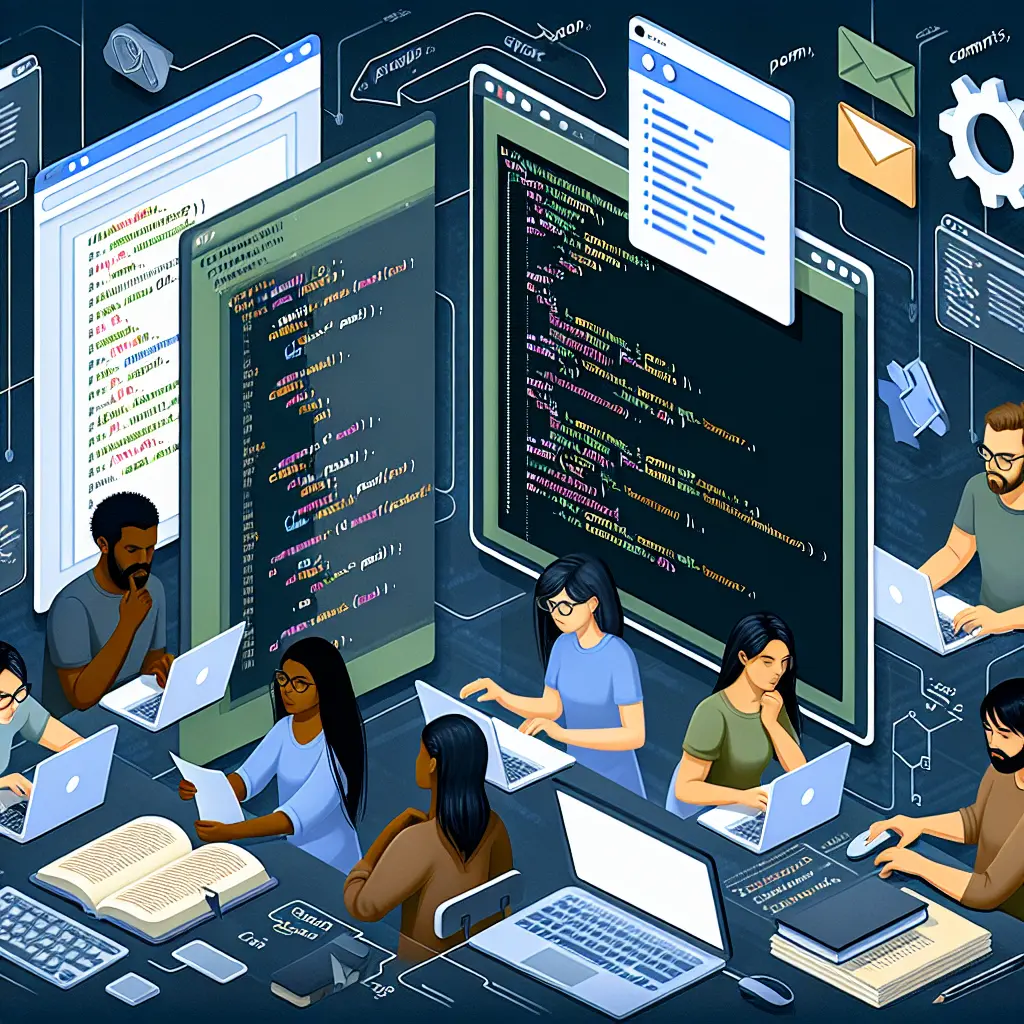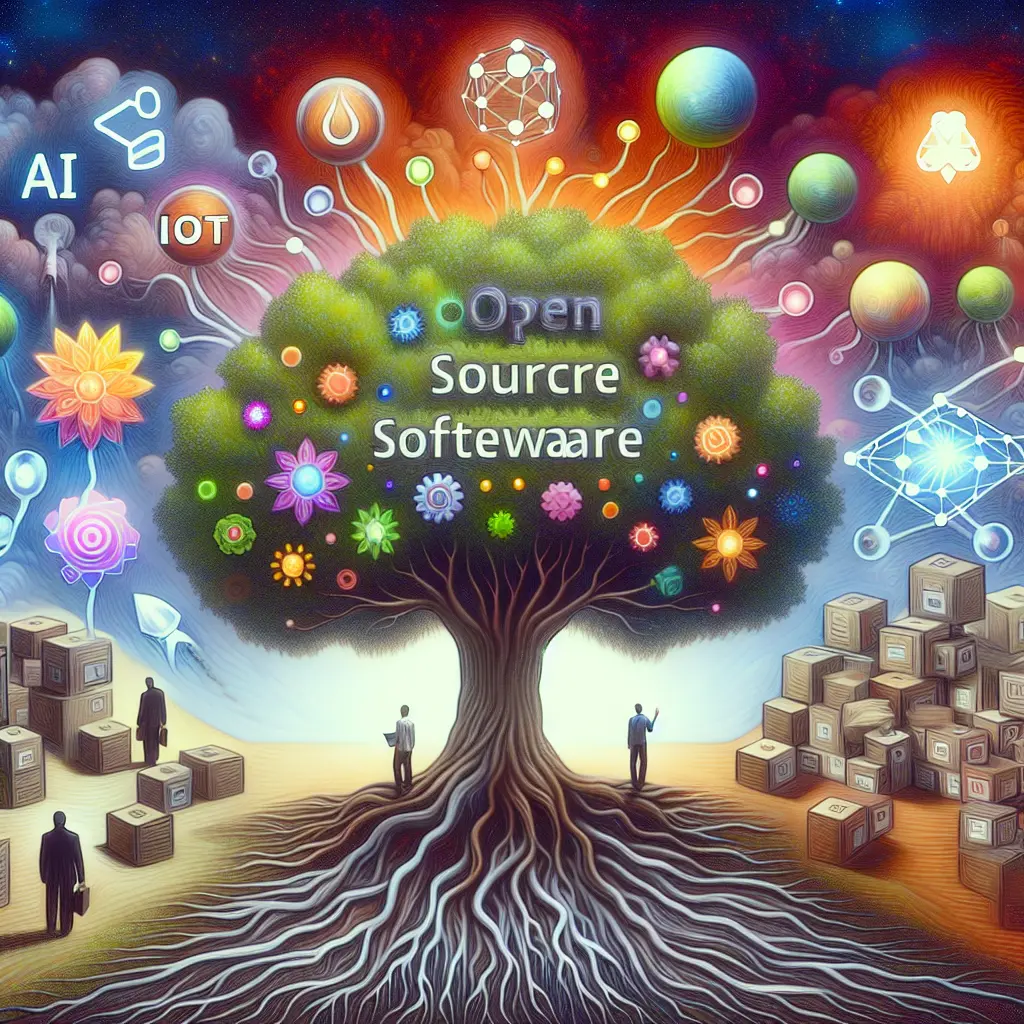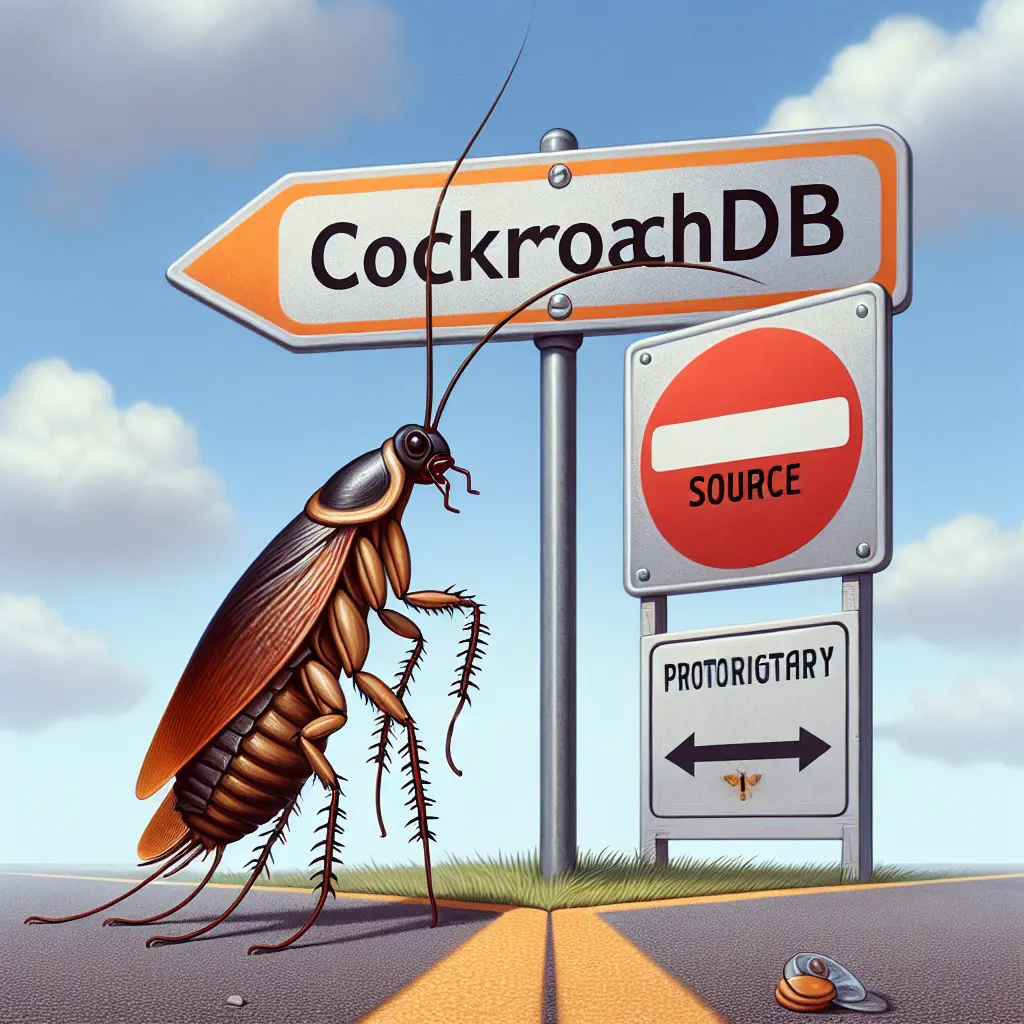Embarking on the journey of open source contribution can be both exciting and daunting, especially for beginners. The world of open source software is a vast and dynamic landscape, offering endless opportunities for learning and growth. As a newcomer, you might wonder how to start with open source and make your mark in this collaborative realm. This beginner's guide to open source will illuminate the path for those eager to dive into open source programming.
Embarking on open source contribution as a beginner can be a rewarding journey. With countless open source projects for beginners available, it’s essential to know how to start effectively. This guide will help you navigate this vast ecosystem and make impactful contributions.
In recent developments, the Open Source Hardware Certifications for July 2024 have been announced, highlighting the growing recognition of contributions in the hardware sector source. Understanding these trends can inspire you to engage with projects that are shaping the future of technology.
Choose the Right Project: Begin by selecting projects that align with your interests and skill level. Look for beginner-friendly labels on platforms like GitHub. For instance, Activision's release of open source data for Call of Duty: Warzone's Caldera map opens up opportunities for game developers to experiment and learn in a real-world setting source.
Understand Project Goals and Culture: Read through the project’s documentation, code of conduct, and previous issues to get a sense of its goals and community ethos. Participating in open source project collaboration is not just about coding; it's also about understanding and contributing to the project's larger mission.
Best Practices for Open Source Contribution
Learn Open Source Contribution Techniques: Follow coding tips provided by experienced contributors. These often include guidelines on coding style, submitting issues, or creating pull requests. A practical example is the recent surge in the popularity of the Go programming language, which encourages concise and efficient code practices source.
Ensure Security in Contributions: Stay informed about cybersecurity threats such as the hacker ‘Ghost’ network manipulating GitHub to spread malware source. Always verify the legitimacy of repositories before contributing. Regularly update your knowledge about security best practices to safeguard both your contributions and personal data.
Addressing Proprietary vs. Open Source Dynamics: The concept of Delayed Open Source Publication (DSOP) illustrates the balancing act between proprietary and open source software. This approach can offer insights into how companies manage intellectual property before embracing open source collaboration source.
Dealing with Platform Changes: Stay adaptable to shifts within platforms you contribute to. For instance, LightBurn's recent decision to cease Linux support demonstrates how software can pivot away from open source ecosystems source.
Expanding Your Contributions Beyond Code
Documentation and Support: Contributing to documentation is an excellent way for beginners to get involved. Clear documentation is crucial for effective contribution and project sustainability. Offer support by answering questions from new contributors or users in forums or chat groups.
Testing and Reporting Bugs: Testing code and reporting bugs are valuable contributions that improve project quality. It also offers a hands-on way to understand the software's workings.
Promoting Open Source Advocacy: Encourage others to contribute by sharing your experiences and successes. Write blog posts or create tutorials that can guide other beginners.
Cultural and Educational Benefits: Open source programming fosters a culture of openness, sharing, and continuous learning. By engaging in these projects, you become part of a global community dedicated to innovation. Schools and educational institutions increasingly incorporate open source tools into their curricula, recognizing their value in teaching real-world skills source.
Community and Network Building: Through community involvement, you can build a network of like-minded professionals and enthusiasts. This network can provide support, mentorship, and opportunities for collaboration on future projects.










Leave a Comment